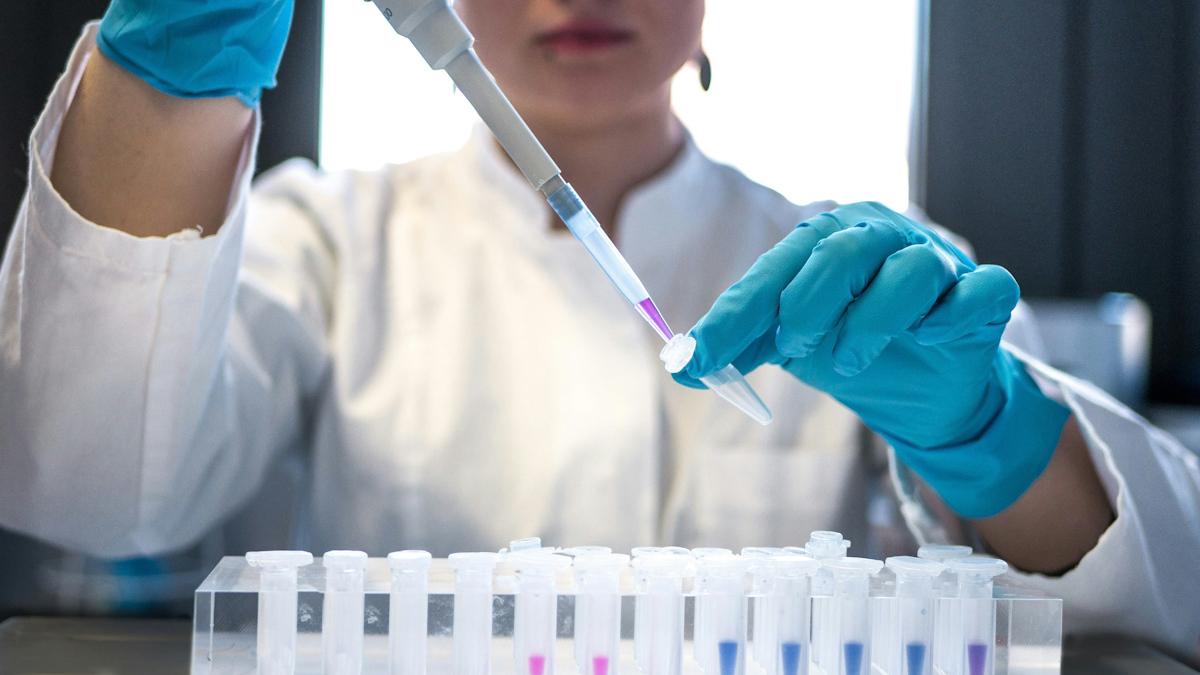Boundless Bio files IPO, and other biotech financings

Boundless Bio made a play to become the seventh US biotech to seek a public listing in 2024, ending a brief hiatus in IPO activity after a busy start to the year.
The specialist in cancer therapies targeting extrachromosomal DNA (ecDNA) hasn’t specified in its prospectus how much it hopes to make from the Nasdaq listing – provisionally under the BOLD ticker – although, a Renaissance Capital report suggested it was hoping for proceeds of up to $100 million.
San Diego-based Boundless was formed in 2018 and is developing drugs targeting ecDNA amplifications, large circular units of nuclear DNA found in cancer cells, which it says are observed in around 14% of cancer patients. Its lead drug BBI-355 is an oral inhibitor of CHK1, which is in a phase 1/2 trial in patients with oncogene-amplified cancers, with proof-of-concept data due in the second half of this year.
The IPO would follow earlier financing rounds that raised around $252 million, including a $100 million third round in May 2023 that was backed by Bayer and RA Capital Management. Proceeds will go towards BBI-355’s clinical trials, as well as further clinical development of BBI-825, an oral RNR inhibitor that has just started a phase 1/2 study in patients with resistance gene amplifications.
It has also been an impressive week for private financings. Top of that list is Alumis, which racked up $259 million from a Series C that will be used to fund a phase 3 trial of ESK-001, a TYK2 inhibitor, in moderate to severe psoriasis. Phase 2 data with the drug – which would compete with Bristol-Myers Squibb’s Sotyktu (deucravacitinib) in the same class – is due to be reported at the American Academy of Dermatology (AAD) congress this weekend.
The South San Francisco biotech said it will also use the new money to support ongoing phase 2 trials of ESK-001 in systemic lupus erythematosus (SLE), and non-infectious uveitis, explore new indications for the drug, and bring forward brain-penetrating TYK2 drug A-005 that it plans to test for neuroinflammatory and neurodegenerative diseases.
The round was led by Foresite Capital, Samsara BioCapital, and venBio Partners, with participation from additional new and existing investors.
In another sizeable Series C, Sionna Therapeutics raised $182 million for its pipeline of small-molecule therapies for cystic fibrosis that work by a novel mechanism, stabilising the first nucleotide-binding domain (NBD1) of the CFTR protein, which is mutated in the disease. According to the company, the most common mutation in CFTR, ΔF508, causes NBD1 to unfold at body temperature and severely impairs CFTR function.
Helped by the cash injection, the Boston-based company expects to have four compounds in clinical testing before the end of this year, including three targeting NBD1 and one ICL4 modulator that could serve as a companion therapy to an NBD1 drug. At the moment trials, one NBD1 compound and the ICL4 drug, are in clinical testing. If successful, the company could make inroads into a CF category dominated by Vertex Pharma’s exon-skipping products.
The round was led by Enavate Sciences with additional new investors Viking Global Investors and Perceptive Advisors joining existing backers. It follows a $111 million Series B completed in 2022 and will keep the company going through to the end of 2026.
FogPharma’s latest financing, a $145 million fifth round, will top up the company’s cash reserves as it runs a phase 1/2 study of FOG-001, an intracellular TCF-blocking β-catenin inhibitor in development for solid tumours. The drug is designed to block a key step in the Wnt/β-catenin signalling pathway, which FogPharma says is one of the most frequently activated pathways in a variety of cancers, including colorectal cancer.
At the moment, there are no drugs that address the interaction between TCF and β-catenin, which has proved hard to target with conventional small-molecule and antibody therapies, according to the Cambridge, Massachusetts biotech.
The financing was led by Nextech Invest, with participation from other new investors, including RA Capital Management, Rock Springs Capital, General Catalyst, Marshall Wace, Samsara Biocapital, Foresite Capital, Symbiosis, Catalio Capital Management, Sixty Degree Capital, and former Johnson & Johnson chief executive Alex Gorsky.
Finally, Nocion Therapeutics kicked off the week with a $62 million Series B, led by new investors Arkin Bio Capital and Monograph Capital, that will be used to support an international phase 2b trial of its lead drug, a dry powder inhaler formulation of sodium channel blocker taplucanium in chronic cough patients, and preparations for a late-stage trials programme.
Described as being in a new class of permanently charged sodium channel blockers (CSCBs) or ‘nocions’, taplucanium has a different mechanism to current drugs being developed for chronic cough, including MSD’s oral selective P2X3 receptor antagonist gefapixant, which has been turned down for approval twice by the FDA, and GSK’s camlipixant, which works in the same way and is in phase 3.
The round, which also saw participation from existing investors Canaan Partners, F-Prime Capital, Mass General Brigham Ventures, Mission BioCapital, and Osage University Partners, takes the total raised by Watertown, Massachusetts-based Nocion to $122 million since it was formed in 2018.













